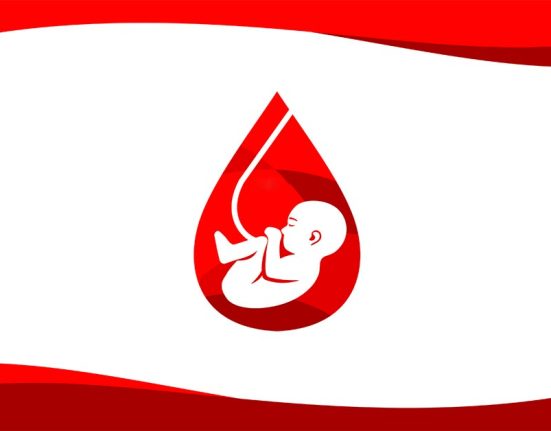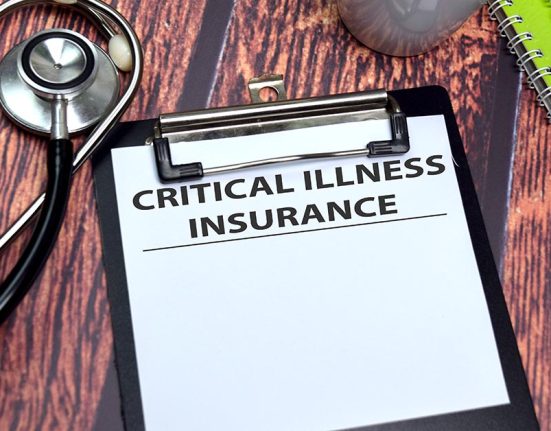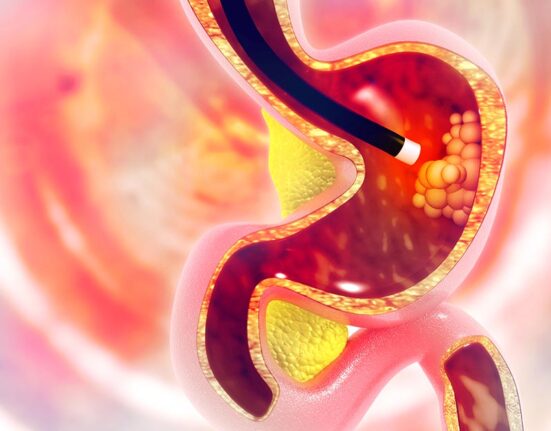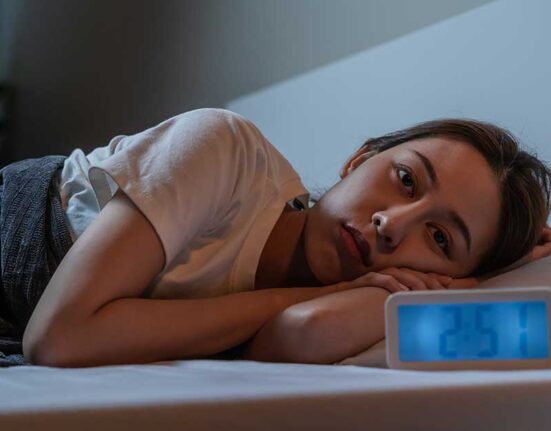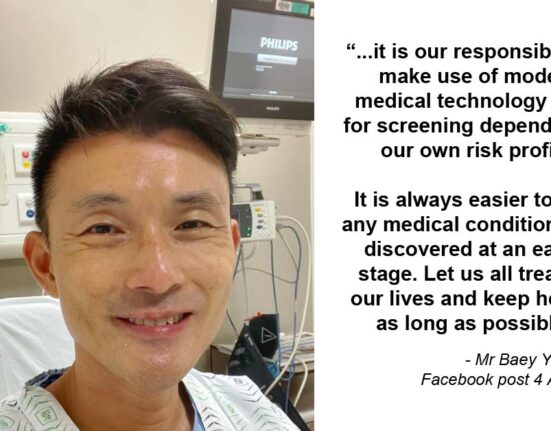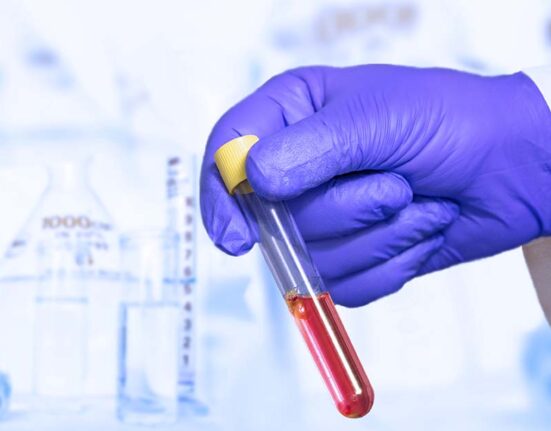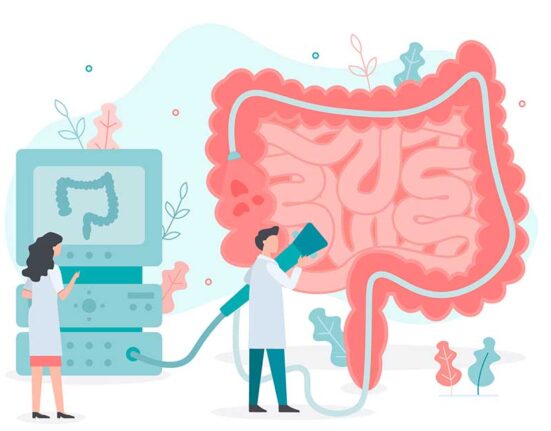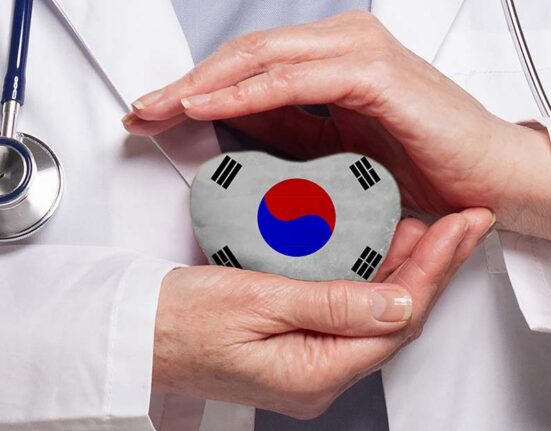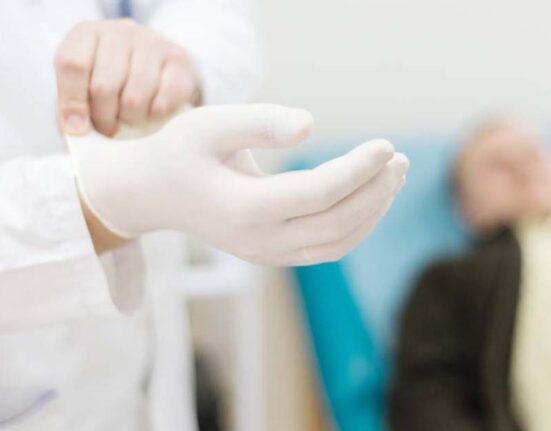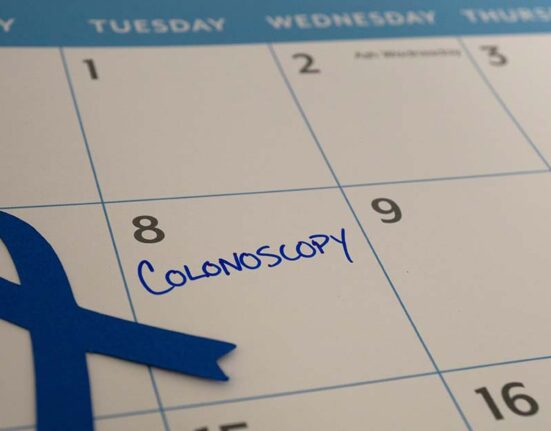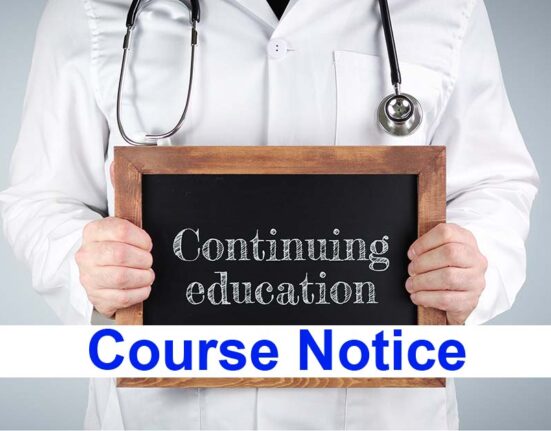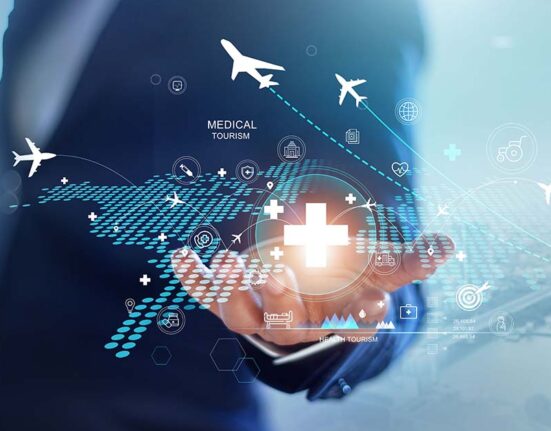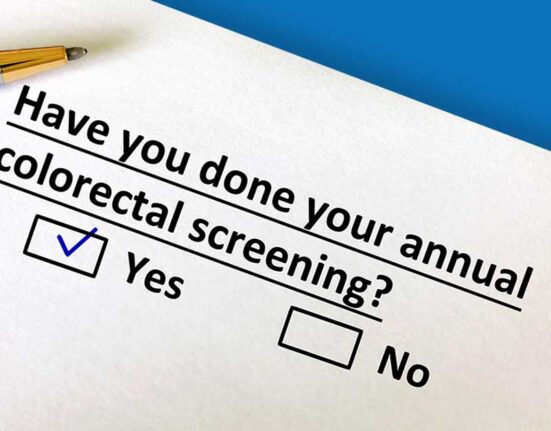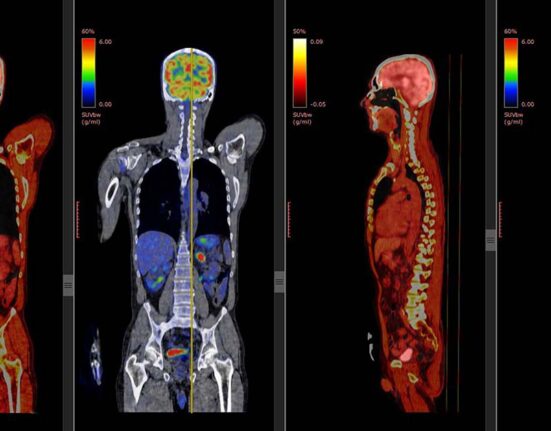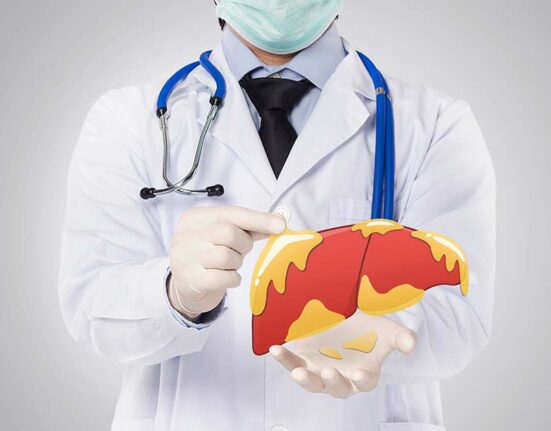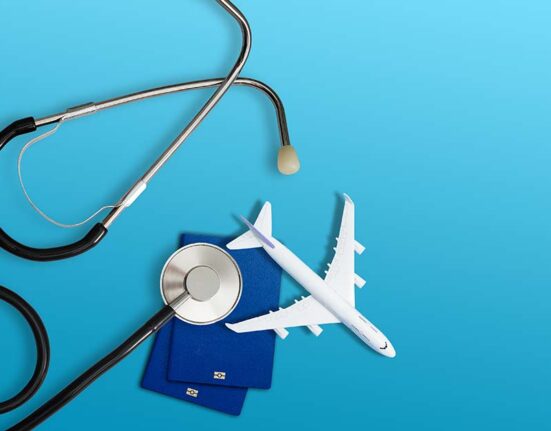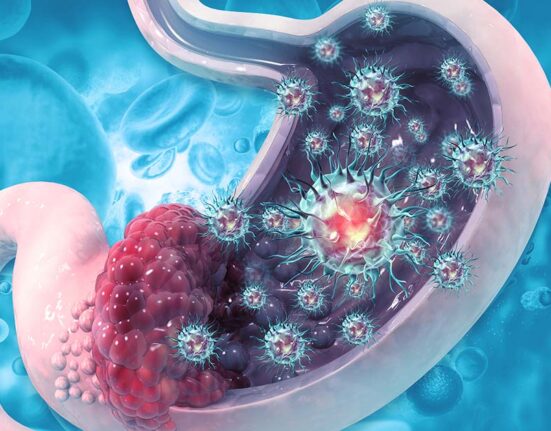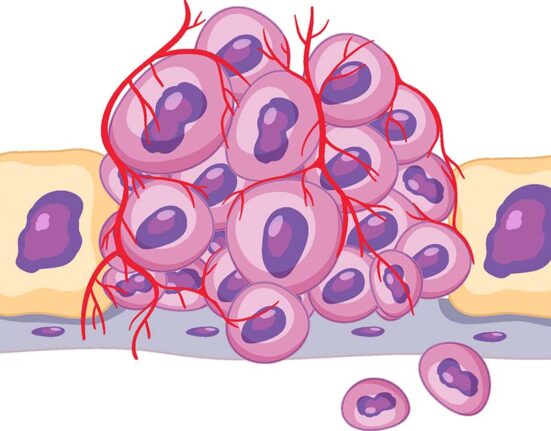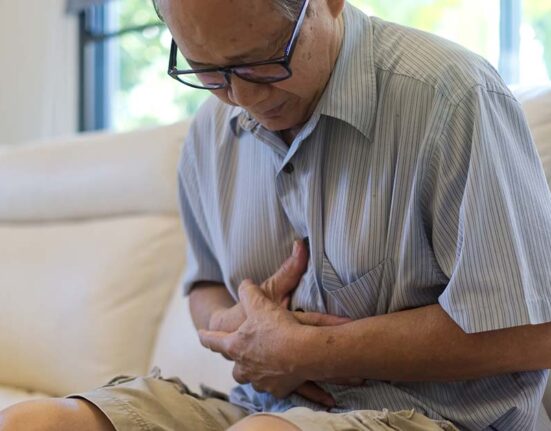Here is some good news for doctors in Singapore who are searching for CME courses related to sleep physiology and shift work. MIMS has an e-learning course titled Sleep and Shift Work. It will be available until 17 March 2024. Participants who complete the course can earn 1 CME point.
The course’s objective is to review sleep physiology, shift work and its associated conditions, and approach to management, said MIMS. In addition, the module is designed for healthcare professionals who treat patients with shift work sleep disorder (SWSD). Topics covered in this course include definition of sleep work, sleep physiology, sleep disturbances in shift work, sleep disorders in shift work, and management approaches.
According to MIMS, upon completion of the session, physicians may expect to get grasp on the definition of shift work and its effects on sleep physiology, description of the sleep disturbances that may arise from shift work, and general management approaches for patients dealing with SWSD.
Why Is This CME Course Important?
Shift work, which refers to working outside regular daytime hours, can lead to sleep disorders and other chronic health conditions, which can increase the risk of workplace injuries. Research shows that around 20% of the global workforce are shift workers, and of which up to 30% work night shifts. Patients will benefit from doctors’ advice on sleep physiology and disorders resulting from shift work, since the health risks are substantial.
If you want to sign up for the course, click to navigate over to MIMS’ registration page.
Protect against cancer, cardiovascular disease, and other chronic diseases with regular health screening. Compare and shop for health screenings from Singapore and regional healthcare providers at a single convenient platform - shop.health365.sg
This article is informative only and is not intended to be a substitute for professional medical advice, diagnosis, or treatment, and should never be relied upon for specific medical advice.



